Talk Overview
Coral reefs are a vital global ecosystem: despite comprising only 1% of the world’s oceans, they support more than 25% of marine life. In addition to supporting ocean life, coral reefs also support the survival of humans by providing habitat for fish and other seafood and protecting coastlines from erosion. Corals are complex organisms that rely on a symbiotic relationship between the coral animal, zooxanthellae algae, and microbes. To date, the role of the coral microbiome in coral health and disease hasn’t been extensively studied. In this Young Scientist Seminar, Maite Ghazaleh Bucher describes her thesis research at the University of Georgia in which she characterized the microbial communities of sick and healthy corals colocalized in the Florida Keys Reef during a disease outbreak in summer 2017. Using genetic analyses, Bucher found that the coral microbiome is relatively uniform in healthy corals, even among different coral species. In contrast, she found that the microbiomes of diseased corals are dissimilar, even among corals affected by the same disease. These data support an “Anna Karenina” hypothesis for the coral microbiome. In the second stage of her research, Bucher determined that the microbial communities of apparently healthy coral tissue on diseased corals exhibited an imbalance between “healthy” and “unhealthy” microbes. This finding could lead to a quantitative way to monitor the health of corals based on their microbial signatures. Bucher ends her talk with a call to action: we all have the power to reduce our impact on the planet, so that vital ecosystems like coral reefs can be protected. What can you do to support the survival of corals?
Speaker Bio
Maite Ghazaleh Bucher

Maite Ghazaleh Bucher is a Ph.D. Candidate and NSF GRFP Fellow at the University of Georgia Environmental Health Sciences Department. She studies the bacterial communities of healthy and diseased Florida Keys Reef corals. Continue Reading

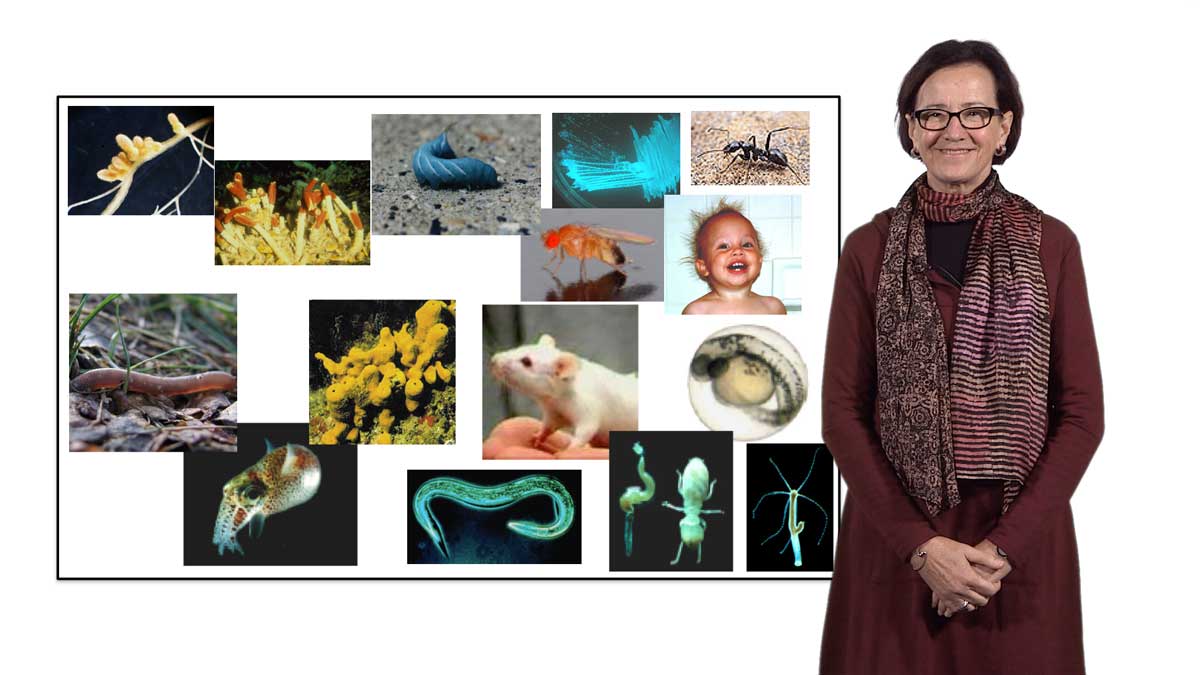
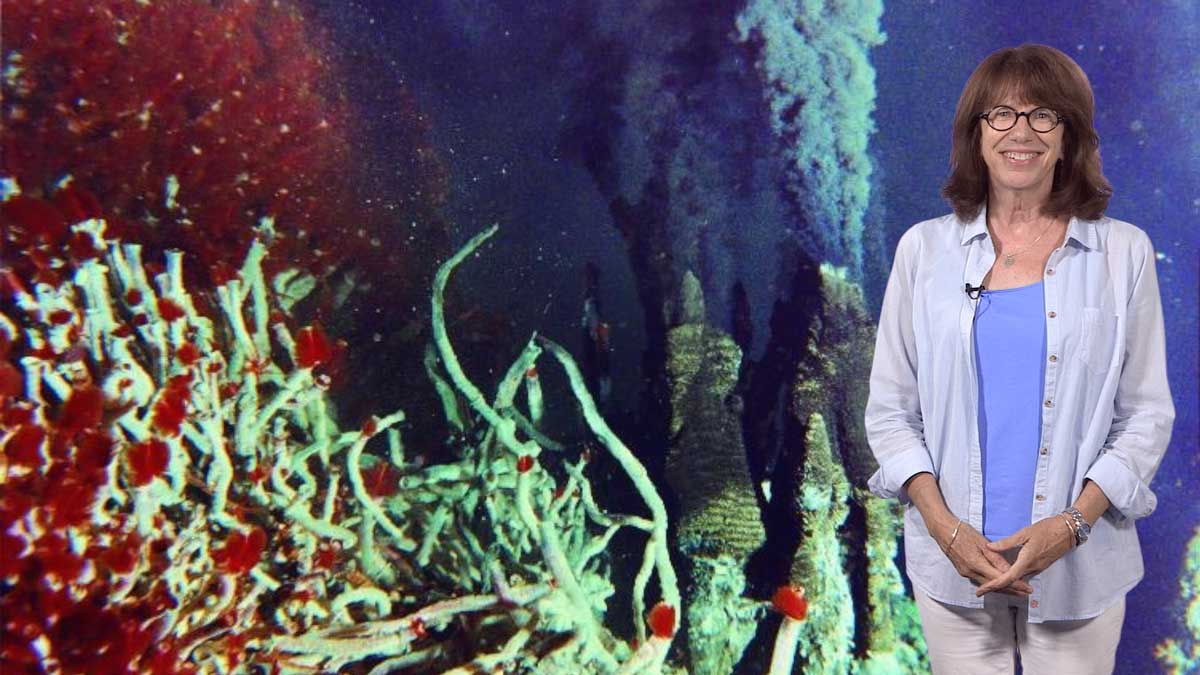

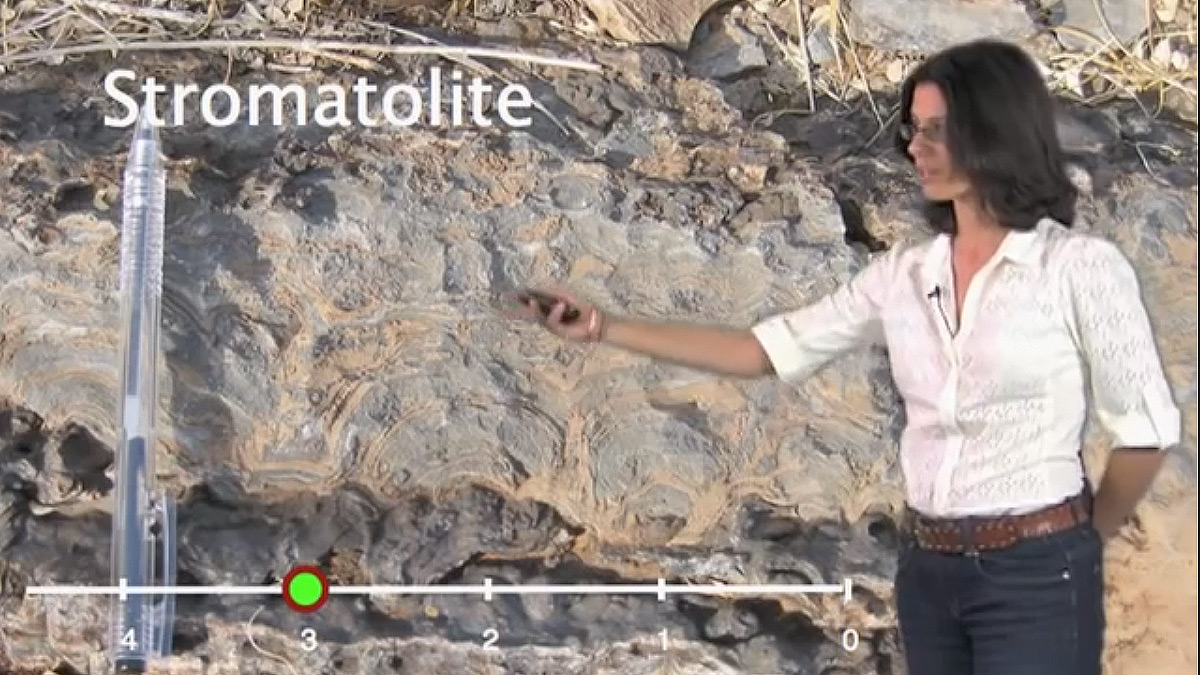
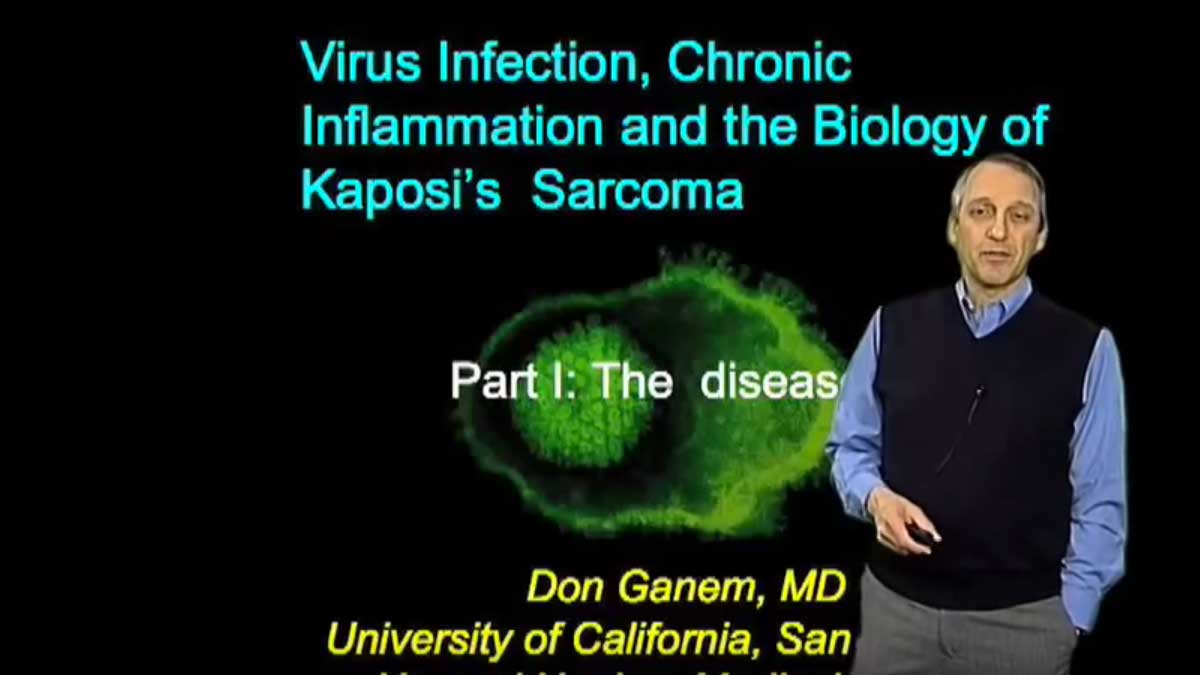
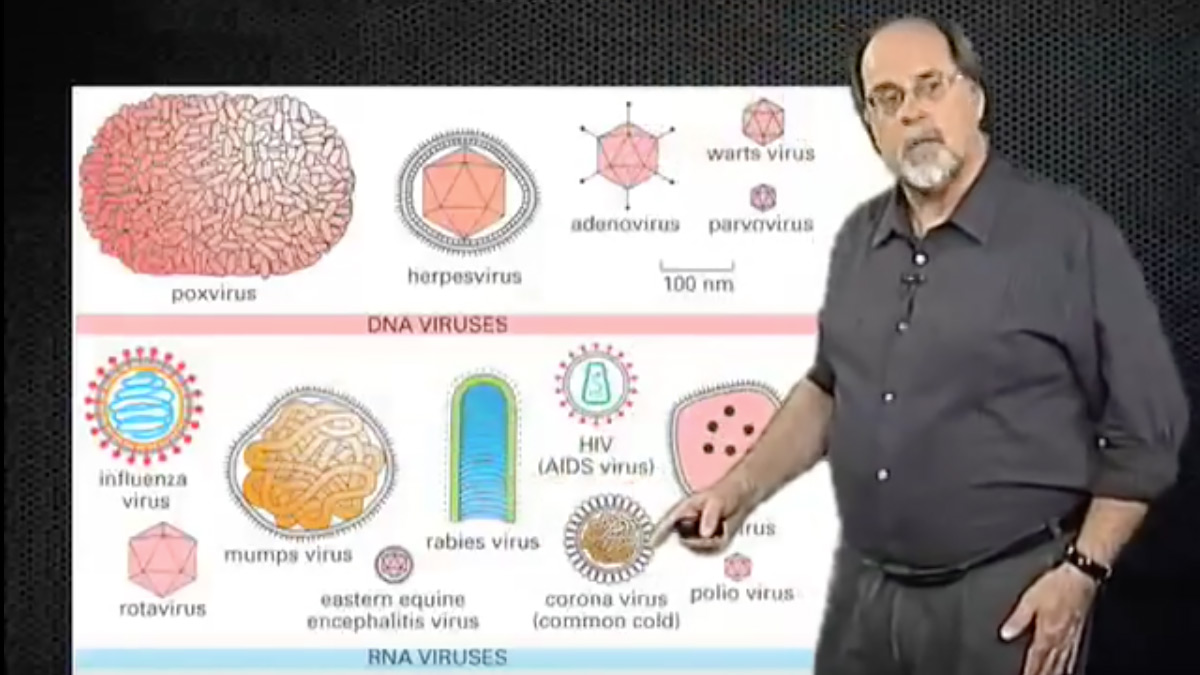





Leave a Reply